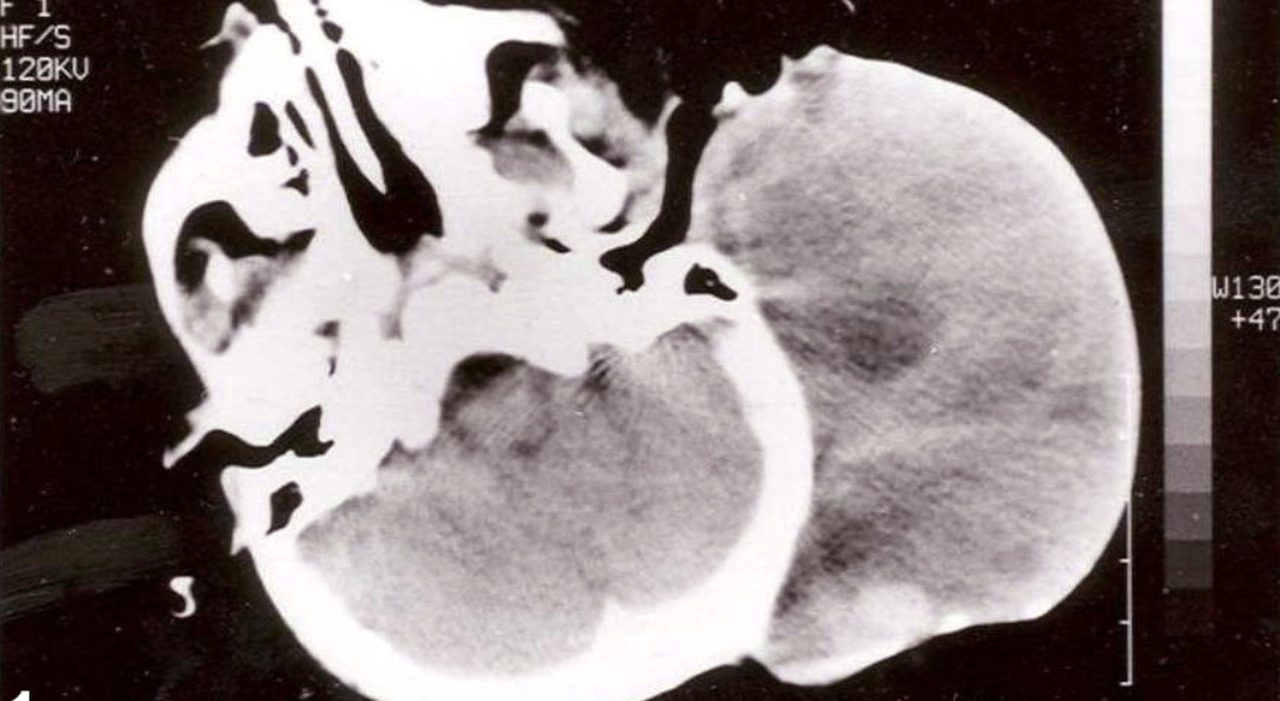Cancer cells which turn into healthy cells. The result was obtained by researchers at the Cold Spring Harbor Laboratory in the United States, thanks to an experiment on rhabdomyosarcoma cellsand cancer aggressive affecting i muscles of children and adolescents with a survival rate of 50-70%. The result, published in the journal of the American Academy of Sciences (PNAS), could open up new scenarios not only for the treatment of this pediatric disease, but for other types of tumours.
FURTHER INFORMATION
The discovery
Thanks to a new genetic screening method based on the editing technique Crisprresearchers led by Christopher Vakoc managed to identify one gene (NF-Y) which, when deactivated, causes rhabsomyosarcoma cells to differentiate into normal muscle cells. “Cells literally turn into muscles,” explains Vakoc. “The tumor loses all the attributes of cancer.
Thus we pass from a cell that just wants to replicate itself to a cell dedicated to contraction. Since all its energies and resources are now devoted to contraction, it cannot return to the state of multiplication.”
Breast cancer, here is chemotherapy with pills to fight cancer from home: the study that demonstrates its effectiveness
Differentiation therapy and scenarios
According to the researchers, this result could speed up the experimentation, in rhabdomyosarcoma, of the so-called “differentiation therapy” which has been being worked on for years. In fact, the idea behind this strategy was born with the discovery that in the leukemia the tumor cells are not fully mature, but similar to stem cells that have not completed their development into a specific type of cell: thanks to differentiation therapy it was possible to induce them to transform in mature cells.
Vakoc’s same group had used this method to induce the transformation of tumor cells in Ewing’s sarcoma, another pediatric neoplasm that mainly affects the bones. Now that the success has also been replicated in a second type of sarcoma, the researchers argue that the therapy could also be applied to other forms of cancer because, concludes Vakoc, the new genetic screening technique “allows you to take any tumor and look for the way to make it differentiate
